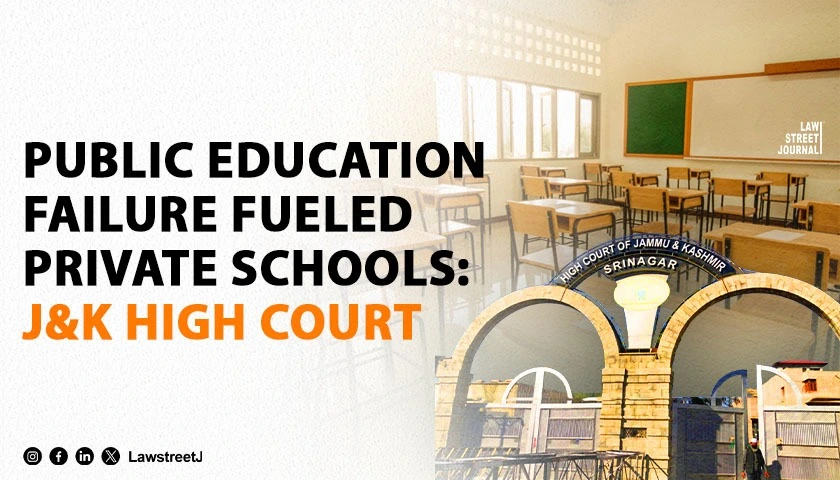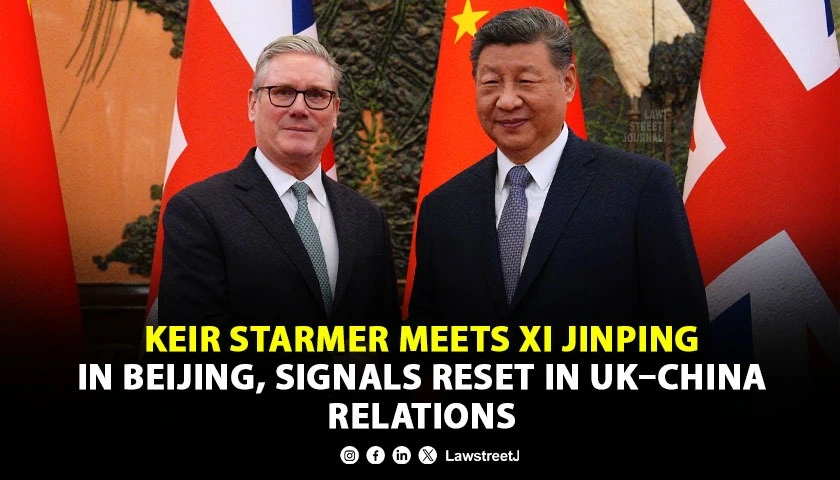In Association of aggrieved Workmen of Jet Airways (India) Limited v. Jet Airways (India) Limited, Company Appeal (AT) (Insolvency) No. 643 of 2021 and I.A. No. 1700 of 2021, the NCLAT, in a Bench consisting of Justice Ashok Bhushan (Chairperson) and Dr. Ashok Kumar Mishra (Technical Member), held that after the Adjudicating Authority approves the Resolution Plan, it is no longer a confidential document, allowing even a claimant access. Even if the Resolution Plan is not a confidential document once it has been approved, it cannot be made available to everyone and anyone who has no genuine claim or interest in the process. Access to the Resolution Plan, even if it is not a classified document, can be withheld in legitimate and acceptable instances for a variety of reasons.
"We, thus, are of the view that the sending of the records by the Resolution Professional to the Board as contemplated by Section 31 sub-section (3) is not only for proper data research studies and the records and information can be recorded in its database and also be published." The above scheme of the Code also indicates that after a Resolution Plan is submitted to the Adjudicating Authority and it is approved by the Adjudicating Authority, it no longer remains a confidential document, so as to preclude regulators and other persons from accessing the said document".
In the current case, the appellant is a group of Jet Airways (India) Ltd workers who have been wronged. Employees of Jet Airways (India) Ltd. were operational creditors who had filed a claim with Resolution Professional. The Resolution Plan allotted Rs. 52 crores to workers and employees. The Appellant has filed this appeal to overturn the adjudicating authority's approval of the Resolution Plan on many grounds, as indicated in paragraph 9 of the Memo of Appeal.
THE UNDERLYING QUESTION BEFORE THE HON'BLE BENCH IS WHETHER THE APPELLANT(S)/APPLICANT IS ENTITLED TO A COPY OF THE RESOLUTION PLAN OR ANY PART OF IT IN THE APPEAL.
According to the appellants, confidentiality in the corporate insolvency resolution process is extremely limited, and where it is essential, the Insolvency and Bankruptcy Code expressly states that it must be maintained. The provisions are designed to allow bidders to maximise their bids while also preventing competitors from impersonating applicants and using information for their own gain. It is argued that there is no consideration of conformity with Section 30, sub-section (2), and Regulations 37 and 38 in the impugned order. The Appellant is entitled to a copy of the Resolution Plan in order to adequately substantiate the grounds of appeal.
The respondents, on the other hand, contested the appellant's arguments, claiming that the Resolution Plan is a confidential document that contains non-public information regarding the corporate debtor and the successful resolution applicant. No part or all of the Resolution Plan's contents or materials may be distributed to anyone without the Resolution Applicant's prior approval. The Board does not have to publicise any approved resolution plans.
CONCLUSION
The NCLAT decided that, while it was not inclined to give a directive to supply the Appellant with the whole Resolution Plan, it did direct that the relevant section of the Resolution Plan (which deals with the claims of workmen and employees) be provided to them.
"We, however, are fully satisfied that the Appellant is entitled to the relevant part of the Resolution Plan relating to the claim of the workmen and employees. We, thus, direct that part of Resolution Plan which deals with claim of workmen and employees should be provided to the Appellant by Successful Resolution Applicant Respondent No.4 within a period of three weeks from today. The prayer made by Appellant/ Applicant for the copy of Resolution Plan is decided accordingly".








